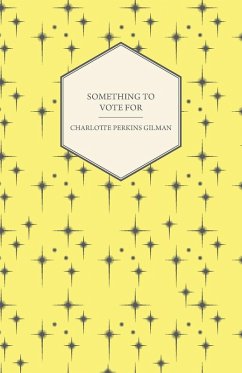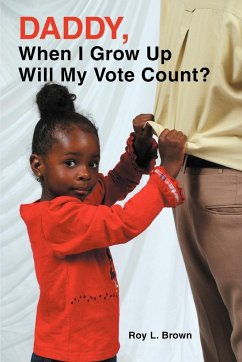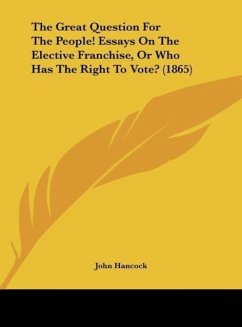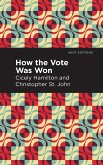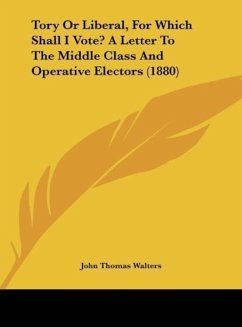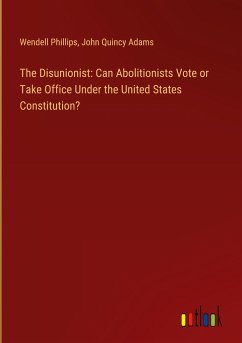Charlotte Perkins Gilman (1860 - 1935) was an acclaimed American feminist, sociologist, novelist, writer of short stories, poetry, nonfiction, and a lecturer for social reform. She was a utopian feminist during a time when her accomplishments were exceptional for women, and she served as a role model for future generations of feminists because of her unorthodox concepts and lifestyle. Something to Vote For was first published in Gilman's journal, The Forerunner, in 1911, and reflects the domestic feminism, or "civic housekeeping" argument for suffrage. We are now republishing this classic title with a brand-new introductory biography.

